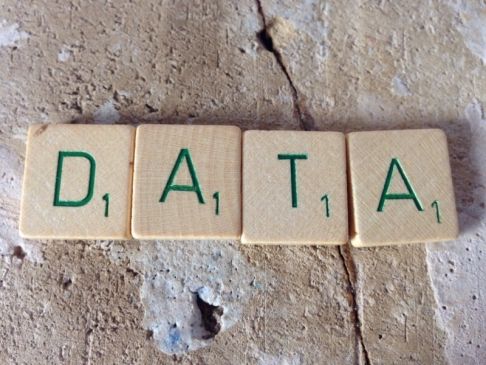One of the core tasks that marketers can use to increase a product’s success on the market, concept testing can occur at many different stages of a product’s development. At each stage, from initial vision to packaging and promotion, concept testing helps to narrow the focus of developers and maximize resource allocation. The ultimate result? Products with good concept testing will be in a position to succeed.

Testing Ideas
The name “concept testing” gets to the heart of what it’s about: testing concepts, or ideas, before you spend resources executing them. If you have an idea for a product, you can invest in developing that product, and then, when it gets to market, it might succeed or it might fail. If it succeeds, great, but if it fails, you will have invested time and money for nothing.
If, instead, you investigate your idea using concept testing, you mitigate the risk of failure in two ways. First, you determine whether the idea is worth pursuing at all—if concept testing shows that your idea would fail, then you know to move on and find a different idea to invest in. Second, concept testing tells you what, specifically, people find appealing about your idea, so that you can focus on developing those unique, appealing qualities, rather than focusing on an aspect of your idea that might not be as exciting to the market.
Feedback at Every Stage
The development of a product is a long and complex process. You begin with an idea, but you then iterate on that idea, finding better versions of it until you settle on what exactly to develop. Even then, however, you have a long way to go—you have to determine the specific features that distinguish your product on the market, and you have to make sure those features appeal. You have to determine the best way to package your product and draw the right attention to it. You have to determine who exactly you want to appeal to, and you have to target your product to that market’s needs.
Even when your product is on the market and selling well, you will always be working to improve it. Perhaps you want to make variants of your product that will appeal to slightly different markets, such as a simpler but more user-friendly version of software for amateurs, or a healthier burger for people on a diet. You will also want to keep the marketing of your product up-to-date, adjusting to changing tastes and staying ahead of the competition. All of these projects require further concept testing to make sure they continue to succeed in an evolving market.
You might have heard the theory that it takes 10,000 hours to master something, but that’s only half the story. The only way to guarantee improvement, whether you’re learning a skill or developing a product, is to have constant feedback informing you of what needs work. Concept testing provides that constant feedback at every stage of development so you can be certain that your product continues to improve.
The Art of Concept Testing
While concept testing involves predictive behavioral measurements and qualitative analysis, it is not all science. The truth is, what people say about their reactions to a product will always contain some bias. For example, if you have introduced multiple products, then the order in which you introduce them will affect how people respond to them—they might respond more positively to an idea just because it is different from the previous idea, which they disliked. Another problem is that, when concept testing is done in groups, people will give answers that are influenced by their perception of what the others around them think. Finally, saying you would buy something is different from actually buying it.
Marketing experts develop techniques to filter through this bias and determine the underlying patterns of behavior. For example, they can change the order in which they present concepts, and then track how the order affected responses. They can encourage people to answer written questions before having a group discussion. Most of all, they develop experience with how responses line up with actual behaviors.
Good concept testing is an invaluable component of any product’s development, no matter how raw or polished that product might be.